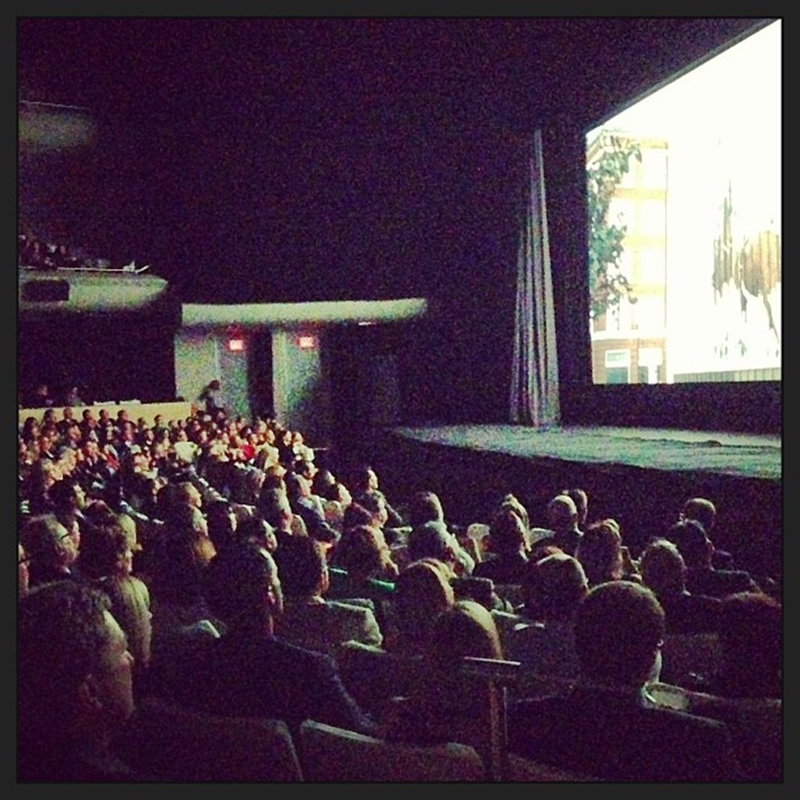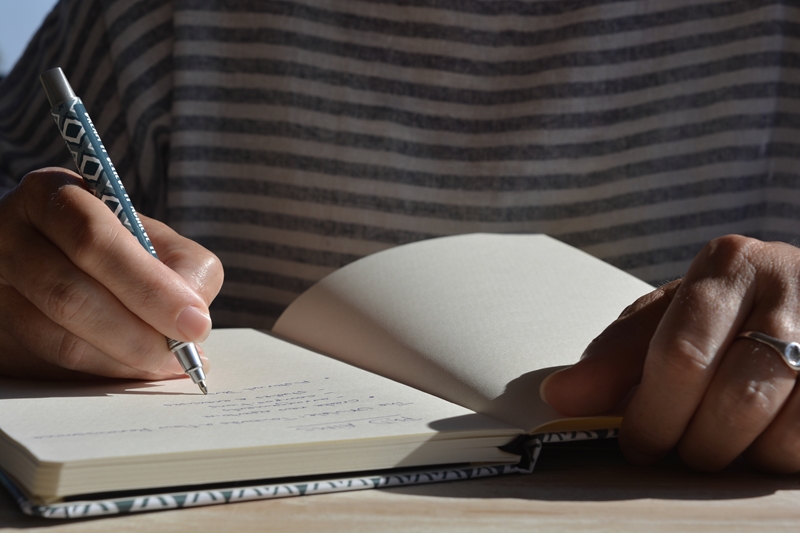One of the most contentious topics in Australian intellectual property law currently is the Productivity Commission's report into potentially changing copyright laws. The proposed legislation would protect the work of Australian creatives to include 'fair use' exceptions. Fair use covers a range of intentions for re-distributing or re-creating original content for purposes including satire, research and public viewership.
With both sides of the camp fiercely divided, we decided to use Alder IP's years of experience in dealing with copyright laws to bring some clarity to the debate.
For fair use
The campaign has brought vocal opinions from a range of industries – journalists have been boisterous in their support for one side or the other, with the Sydney Morning Herald supporting changing the copyright laws. Since then, the Australian Human Rights Commission (AHRC) has also vocalised their support for fair use, claiming it is consistent with human rights to freedom of expression.
The AHRC also asserted that fair use exceptions to copyright law could lead to the potential for a de facto 'internet filter' on Australian creative works, blocking people from more widely interacting and engaging with creative messages.
The Australian Law Reform Commission (ALRC) has also attested to the need for a change in the laws to introduce greater levels of engagement with creative works. A recent publication claims that any statute change will not try to concretely define 'fair use', but will instead deal with incidents on a case-by-case basis. This freedom from defined legal parameters means that both copyright holders and the public can hold more open debates on how and why they make use of individual creative works.

Against fair use
On the other hand, the Australian has fervently backed claims that any changes to copyright laws will unfairly put Australian creatives in a place where their work will be free for unlimited reproduction and use without the creators permission. The Australian Copyright Agency (ACA) strongly defends the strength of the fair use exceptions already in place, a point not noted regularly on the other side of the debate. With these fair use exceptions already covering a range of incidences, it appears these proposed changes may be needless, and could do more harm to creatives than good for others.
A PwC report into understanding the pros and cons of both sides asserts that equivalent copyright law changes in Singapore resulted in "a more than 50 per cent decline in the growth rate for national copyright industries." Decreasing the productivity of Australian creatives and the revenue they generate from their creative works is obviously a negative – but won't fair use changes enable creatives work to be more widely appreciated?

Understanding copyright law
Understanding the complexities of copyright law is challenging – especially when emotions run high over the potential abuse of someone's creative intellectual property. Luckily, Alder IP have a dedicated legal team with extensive knowledge of copyright law. We're here to make sure that your business or project is protected. For more information, please reach out to us today.